By Lenah Bosibori
Nairobi, Kenya: Fred Ouko who is among the 900,000 persons with disabilities in Kenya according to the 2019 census, says that the public occasionally confuses his peers with beggars who flock cities and towns to solicit handouts from passersby.
The program’s officer of Disability Rights Open Society Initiative for Eastern Africa said that beggars in the streets apply tomato sauce on their hands and legs so as to create an impression that they have severe physical disabilities.
“Beggars who apply their hands with tomato sauce have spoilt our name as persons with disabilities, we are not aliens nor are we beggars,” said Ouko.
He spoke during the International Day of Persons with Disability (IDPD) with disability held in Nairobi on Friday under the theme ‘Leadership and participation of persons with disabilities towards an inclusive, accessible and sustainable post-Covid-19 world.’
“To some of you, we do not even exist,” Ouko lamented.
He has been fighting for the rights of people with disabilities in Kenya for the last 17 years.
The World Health Organization (WHO) says that an estimated 60-80 million persons with disabilities (PwDs) live in Africa and the majority suffer from abject poverty are denied education and gainful employment.
In Kenya, around 10 percent of citizens have one form of disability based on the country’s 2019 national population census.
According to Ouko, people with disabilities in Kenya have been stigmatized up to an extent that they can take up to three hours at a bus stop to get into a public transport vehicle.
“We are always late for work due to our disability, this is because we cannot be accommodated in buses like any other person, “said Ouko.
He noted that despite the dire situation facing people with disabilities, they nevertheless manage to cope with disruptions triggered by the COVID-19 pandemic.
“Not very many people with disabilities have been affected by the pandemic because of the measures put in place by their organizations to rebound and withstand its aftermath,” said Ouko.
“Many of us are occupying public offices and doing great jobs, that shows that if given an opportunity they can indeed become an inspiration to the rest,” he added.
He urged employers to adjust the working environment in order to accommodate physically disabled personnel.
Paul Mugambi who is blind has a post-graduate degree in public policy from Australian national university, he has stood out for his prowess in cricket and humanitarian work.
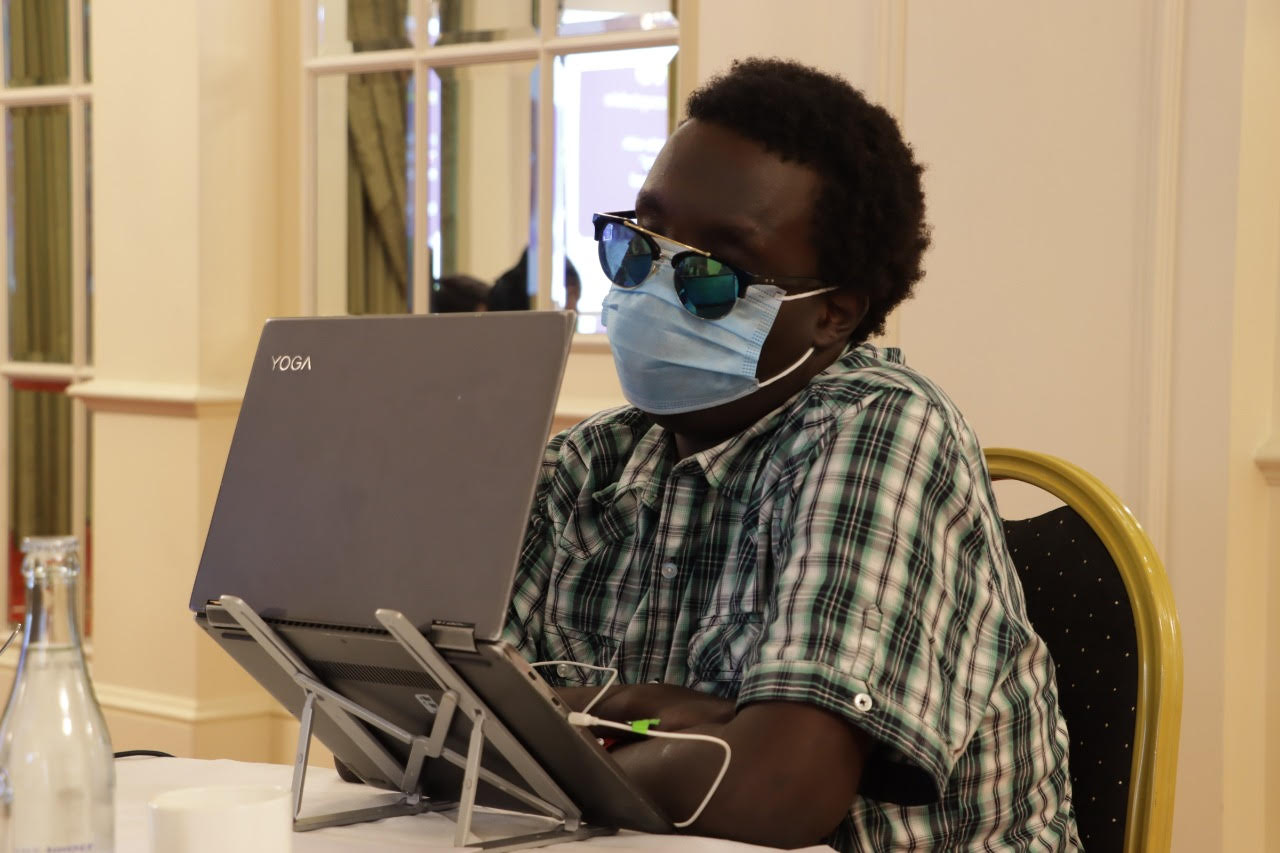
The only blind cricket player in Kenya has also come up with cutting-edge innovations to improve the welfare of his blind peers across East Africa.
Mugambi said that people with disabilities in the country have managed to navigate the coronavirus pandemic despite the strict measures that were put in place to halt its spread.
He called for policymakers and the general public to recognize the untapped skills and talents possessed by people with disabilities as opposed to stigma and discrimination.
“We have family members, our veins have the same blood, humanize our stories and we are not aliens. Cover us as part of the Kenyan diversity, we are not different,” Mugambi made the passionate appeal to the public.
We are professionals, use us as sources, we are good political analysts and health experts not always persons with disabilities,” he added.

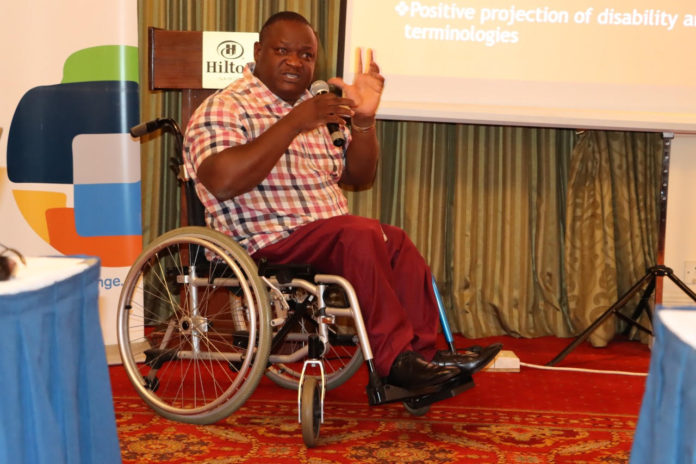
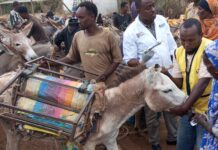
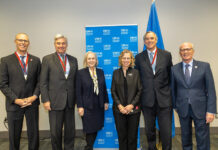
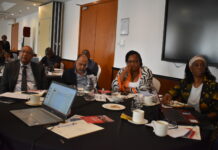










Great piece
Comments are closed.